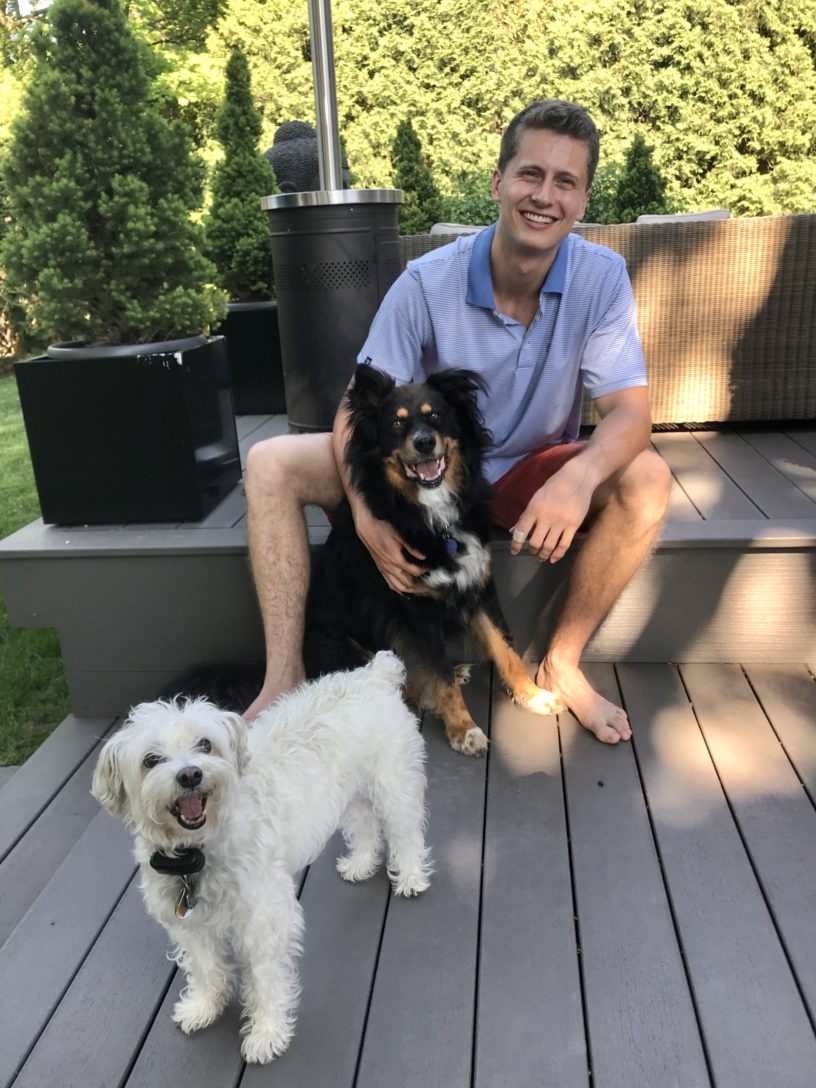A truly good man is not aware of his goodness
and is therefore good.
A foolish man tries to be good
and is therefore not good.
The master does nothing,
yet he leaves nothing undone.
The ordinary man is always doing things,
yet many more are left to be done.
The highest virtue is to act without a sense of self.
The highest kindness is to give without condition.
The highest justice is to see without preference.
When the Tao is lost, there is goodness.
When goodness is lost, there is morality.
When morality is lost there is ritual.
Ritual is the husk of true faith,
the beginning of chaos.
The great master follows his own nature
and not the trappings of life.
It is said:
"He stays with the fruit and not the fluff."
"He stays with the firm and not the flimsy."
"He stays with the true and not the false."
This verse of the Tao Te Ching holds one of the most paradoxical yet impactful ideas in helping me live my life. The verse is telling us that we are all good, that we come from goodness (also known as our original goodness), the Tao. However, when we try to be good, we disconnect from that original nature and bring the thinking mind into the equation. Have you ever instinctually reacted to a situation, like someone falling and helping them up or hugged a friend after not seeing them for a long time?
When this has happened you are acting from a centered place in the Tao. However, what this verse is saying is when you try to be good, you introduce polarity, meaning if there’s a good, there must be bad. Doing this causes you to lose connection to the Tao. When you don’t know how to be good, your decision may then come from what you think is moral. When you no longer know what’s moral, you stick to a ritual, and so on.
The method for which one can act from the Tao is to suspend your ego by quieting your mind. You’ll know when you’re there by how you feel in your heart. However, the ultimate key will be in trusting yourself, which can undoubtedly be tough. Without trying to be good or moral, learn to make decisions from this quiet place of love. An easy way to see what I mean by this is to watch a dog the next time you see one. It may come up to you, lick and jump all over you, but it’s not thinking, “Is this the right thing to do? Am I being good?”
This is why most people feel so much love and happiness when they’re around a dog (or other animals). These incredible animals are living from the original goodness of the tao without thinking about what’s right or wrong.
In acting without a sense of self, you are setting aside your ego’s interests. In giving without condition, you are loving without expecting anything in return. In seeing without preference, you are living beyond judgment. All of these virtues can be practiced by letting go of what your ego is saying and acting from the heart. The more you release, the more peaceful, content, and happy you will become. Meditate upon this verse and you’ll begin to see how in your daily life you already practice this in many ways. Yet notice when you do and you’ll feel your ego say, “Look how great I am. I’m living from the Tao.” Keep letting go when this happens and as you do, your ego will quiet, and your connection to the Tao will strengthen. You’ll soon understand that the truth lies in the Tao, and the false is simply your ego speaking up. You can feel the difference.

